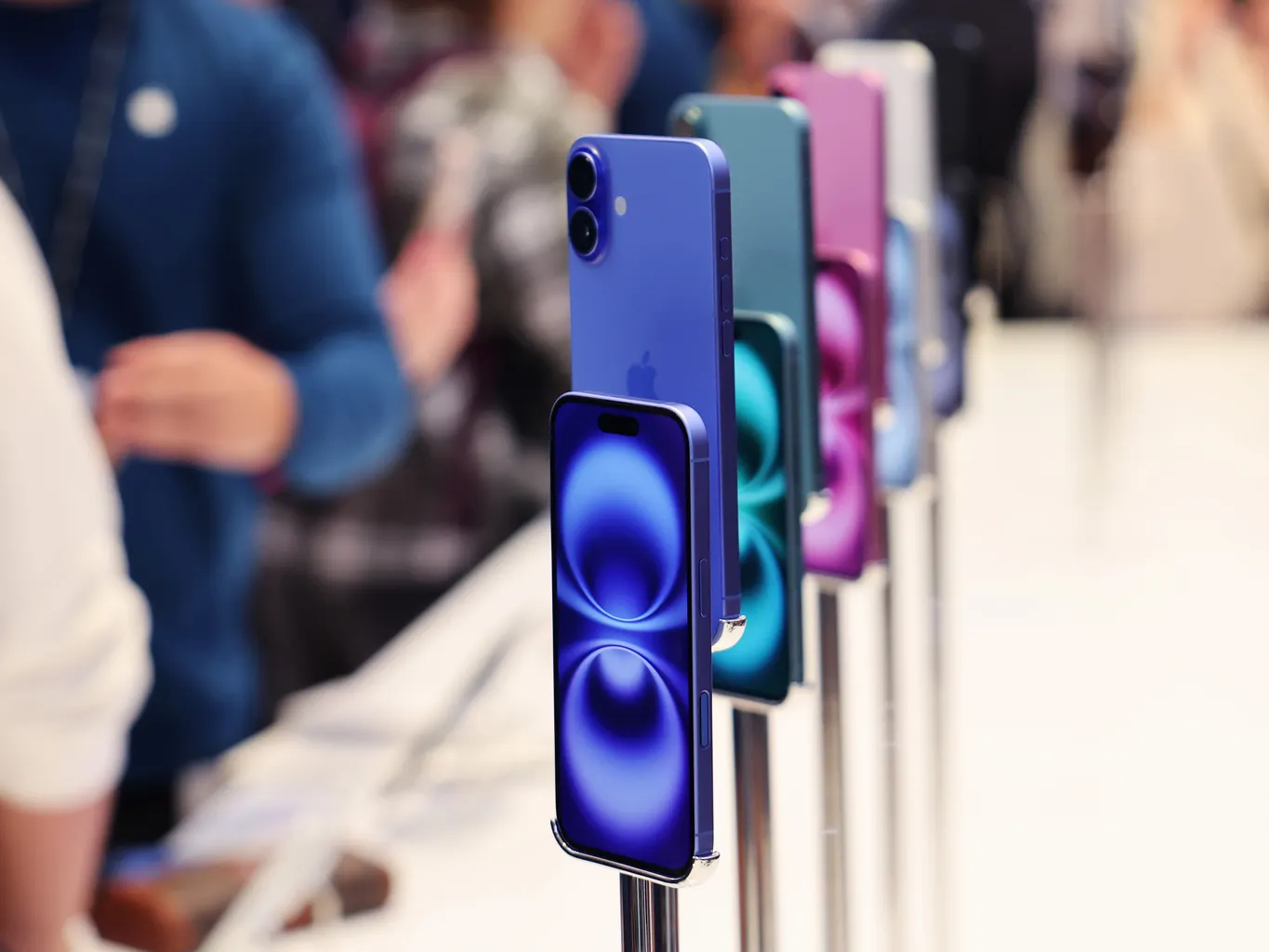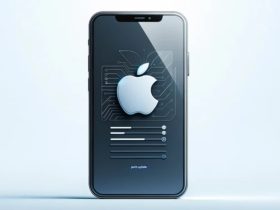Apple Inc.’s iPhone 16 has seen a 20% increase in sales in China during its first three weeks compared to last year’s iPhone 15 model, indicating a promising start in the world’s largest smartphone market. According to data from Counterpoint Research, this surge in sales is largely driven by the higher-end Pro and Pro Max models, which have seen a significant 44% growth over their predecessors. This early success comes despite the iPhone facing challenges in gaining traction in China in recent years.
The iPhone 16’s performance stands in contrast to last year’s iPhone 15, which experienced production issues that impacted initial sales. Additionally, competition from Huawei’s Mate 60, which features a made-in-China processor, has been stiff. However, with smoother production for the iPhone 16 and a consistent pricing strategy, Apple has seen more customers upgrading to the latest model, especially from existing iPhone users, according to Counterpoint analyst Ivan Lam.

Apple’s stock has responded positively, hitting a record high due to optimism around the AI-powered features of the iPhone 16. Despite some concerns from analysts that the absence of a local Chinese partner for AI integration might hinder the iPhone’s success, initial sales have exceeded expectations, especially in a market where luxury spending has been subdued. Some analysts, like those from Bloomberg Intelligence, are cautious about whether this sales boost will lead to sustained double-digit growth in 2025.
Analysts from Wedbush, on the other hand, are more optimistic, calling this iPhone upgrade cycle potentially “historic.” They expect a strong rebound in China’s iPhone sales, predicting an AI-driven “supercycle” that could further boost Apple’s performance in the region over the next year. However, competition remains fierce, with major local brands like Huawei, Vivo, Xiaomi, and Oppo all releasing new flagship devices before the year ends.
Despite its strong start, the iPhone 16 faces a challenging environment in China, where the economy has been sluggish and consumer spending on big-ticket items has slowed due to ongoing economic concerns. Some buyers may delay their purchases until the Singles’ Day discounts in November, a key shopping event in China.
The iPhone remains Apple’s most important product, accounting for half of its revenue, and the company will closely watch how the latest generation performs over the full course of its sales cycle amidst stiff competition and economic uncertainties.







Leave a Reply